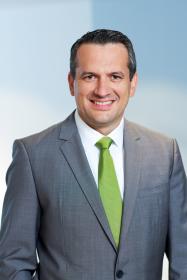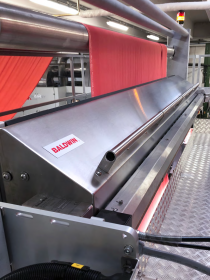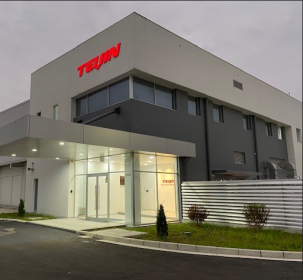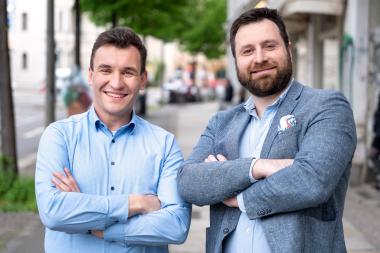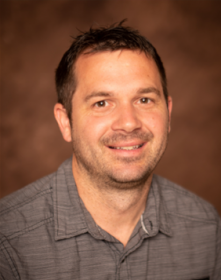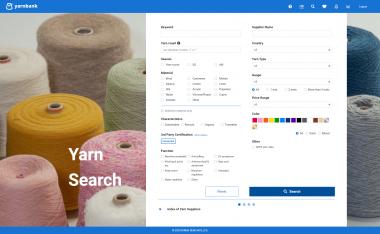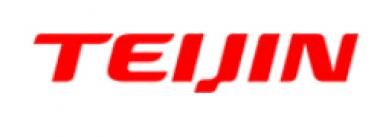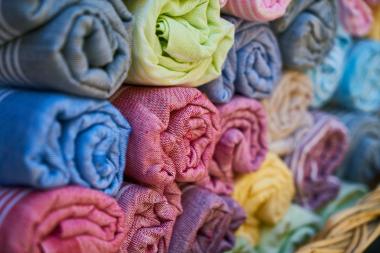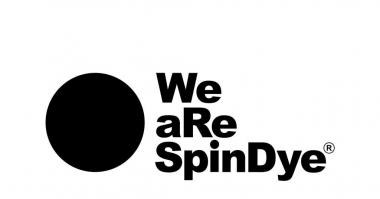Oerlikon Webinar with a Focus on Customer Service
The new series of webinars of the Swiss Oerlikon Group’s Manmade Fibers Solutions business unit will be focusing on services for manmade fiber systems.
Short Overview of the webinars:
- How ceramics within the yarn path improve the quality of your yarn on September 01
- myOerlikon – tailored digital services provide a comprehensive overview on September 13
- Always by your side – with Oerlikon Remote Services on September 22
- Better safe than sorry – maximize productivity and minimize downtimes with regular machine check-ups on September 29
For more information click here, where we keep you informed about upcoming events.










